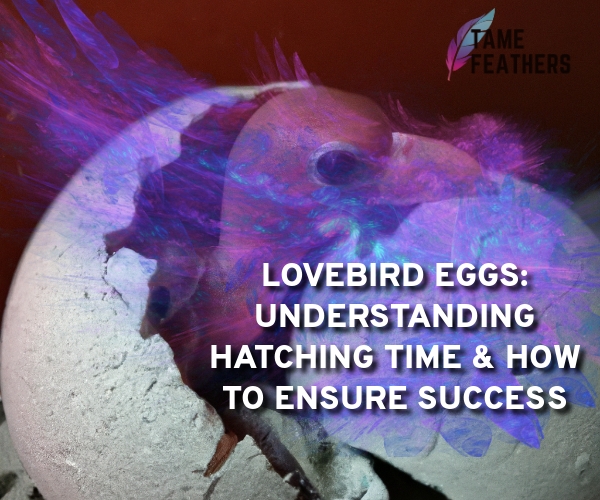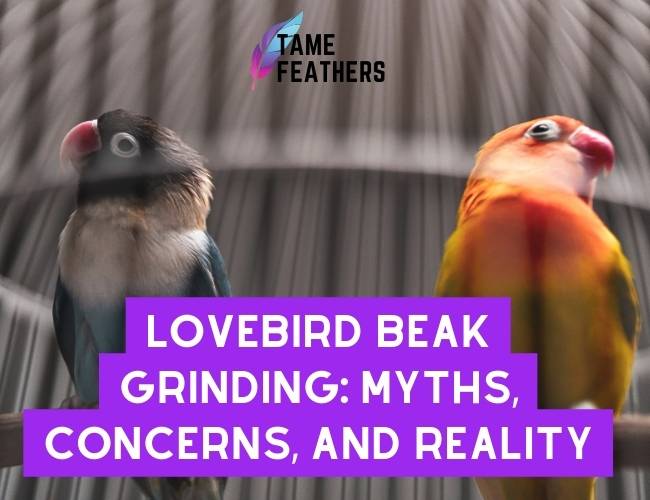Understand the Ideal Temperature Range
When it comes to properly hatching lovebird eggs, temperature is one of the most critical elements to consider.The temperature of the incubation chamber should be maintained at between 99 and 101 degrees Fahrenheit and should be carefully watched during the course of the entire incubation process.
The relative humidity should be kept between 40 and 50 percent at all times.
It is possible for there to be abnormalities, mortality, and trouble in hatching if there is not enough or too much humidity.
An automated misting system that also controls the temperature in your incubator and maintains a consistent level of humidity can make it simple to achieve the desired level of humidity at any given time.
In addition, you may want to give some thought to the possibility of installing additional ventilation in order to improve the movement of air and prevent heat from becoming trapped inside.
Lovebird egg incubator.
Know How Long it Takes for Eggs To Hatch
The eggs of lovebirds are incubated for around twenty days before the chicks are ready to emerge.This time duration, however, is subject to change depending on a number of environmental factors including temperature, humidity, and even the frequency with which you rotate the eggs while the process is underway.
If even one of these factors is off, the process could take significantly longer than anticipated or possibly result in the eggs not hatching successfully.
It is vitally important that your eggs are turned multiple times per day (at least four times) during this period so that there is no build up on one side, which would cause stress on the developing embryos inside of them, potentially leading to damage or death, which would result in failed hatchings.
lovebird egg hatching.
Monitor Development Throughout The Process
Throughout each stage of development, it is beneficial to monitor the changes that are taking place with the eggs of your lovebirds under a microscope if at all possible.This will help ensure that things like the eggs’ correct positioning are maintained, in addition to allowing you to monitor the nourishment and food supply that is being provided by the parents, who visit the nest boxes periodically while they are tending to their young.
This guarantees optimal health and growth rates during each phase until they are ready for complete emergence into adulthood; typically approximately 35 days after the incubation period has ended depending on the species type and other external factors at play like as weather patterns and the like.
lovebird egg development .
Be Prepared For Emergence From The Eggshells
Trending
Food sources such as fruit flies and live mealworms should be readily available; water dishes must remain full at all times; nesting material must be kept close to nests; and appropriate temperatures must be maintained throughout the entire area where birds reside, including outside aviary enclosures when applicable.
Before the chicks take their first flight, they should have regular health checks, which include visits from a wildlife rehabilitator or vet who is knowledgeable about the requirements of the local bird species, as well as the recording and keeping of relevant information regarding weight measurements on a daily basis until the chicks reach their full adult size approximately six weeks after the initial results of fledging have been achieved.
lovebird chick care.






